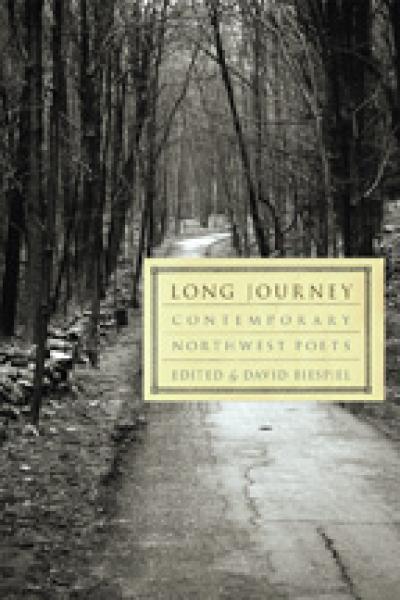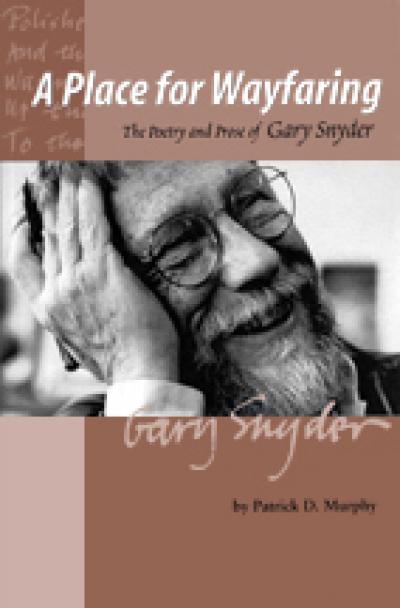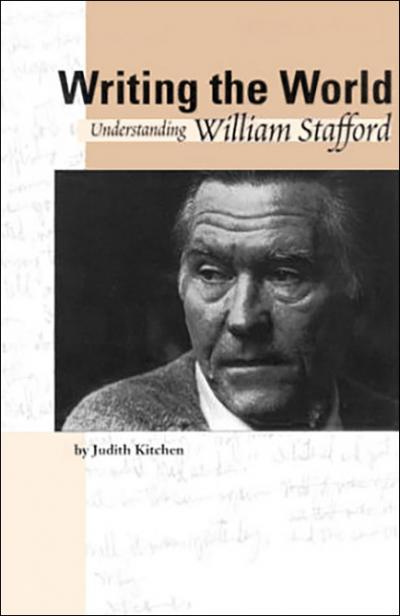
ISBN 9780870712500 (ebook)
He, Leo
Ewan Clark
Largely remembered for his mysterious disappearance in May 1971, Lew Welch was an important voice of the Beat Generation and San Francisco Renaissance. He spoke of key issues that America was facing in the aftermath of World War II—from the rise of consumerism and complacent suburban sensibilities to the threat of environmental disaster. He championed American speech, idioms, and identities. He found inspiration in the words of Gertrude Stein and William Carlos Williams, in the philosophies of Senzaki and the Buddha, and in his myriad friendships with some of the most renowned and revered poets, musicians, and artists of the 1950s and 1960s. His search for authenticity in language and poetry was a small part of a far greater search to establish a clear sense of himself.
He, Leo investigates Welch’s life and work in a chronological fashion, structured around Welch’s own notion of how three main aspects of his life—The Man, The Mountain, and The City—were interdependent. From his birth until his disappearance and presumed death, Welch’s life was often defined by problems, including a complex relationship with his mother, a long struggle with alcohol, and a fluctuating mental state. He was open and candid about everything, a fact that is evident in all aspects of his work.
Each of the three main sections of He, Leo includes key poems, essays, and events—both personal and cultural—to help establish Welch’s importance as a prominent poet and figure during the San Francisco Renaissance. Despite his crushing self-criticism and his reputation as a “friend of,” he was a bona fide poet with a strong voice and message of his own. With this first full-length biography, Ewan Clark restores Lew Welch to his rightful place as an important member of a significant American literary and cultural movement.
About the author
Ewan Clark is an independent scholar and teacher based in the Netherlands.
Read more about this author
“This book provides a real opportunity to dig into the life and work of a marvelous, too little known, and sadly troubled poet—readers would be smart to pull up a chair.” —Patrick James Dunagan, Rain Taxi




